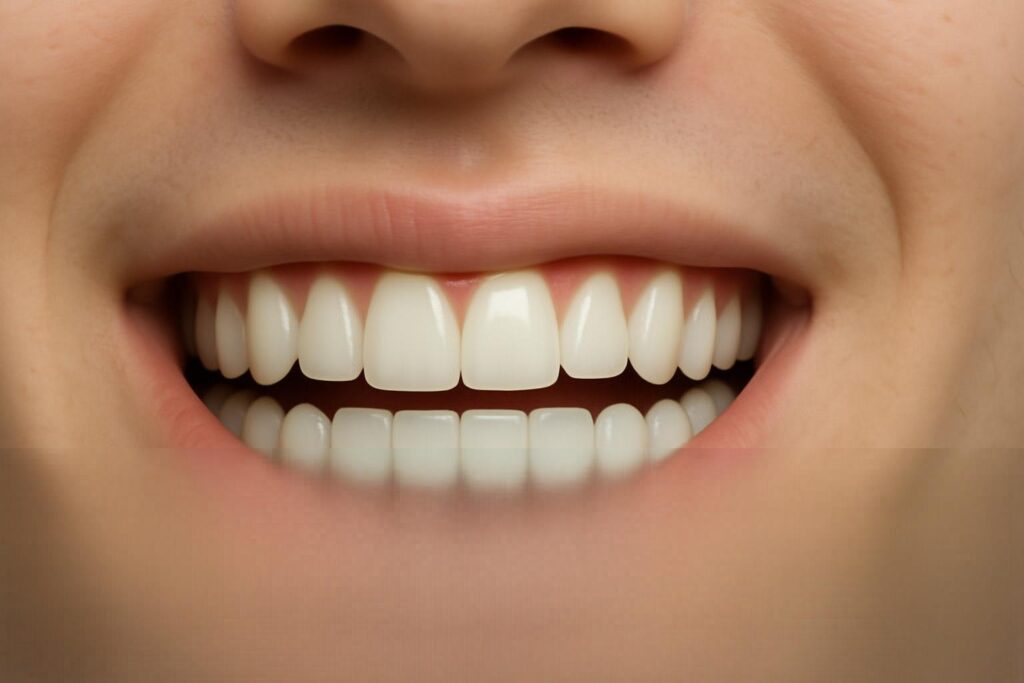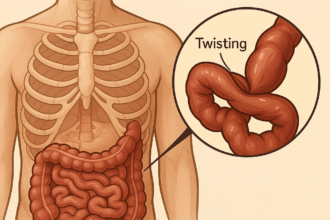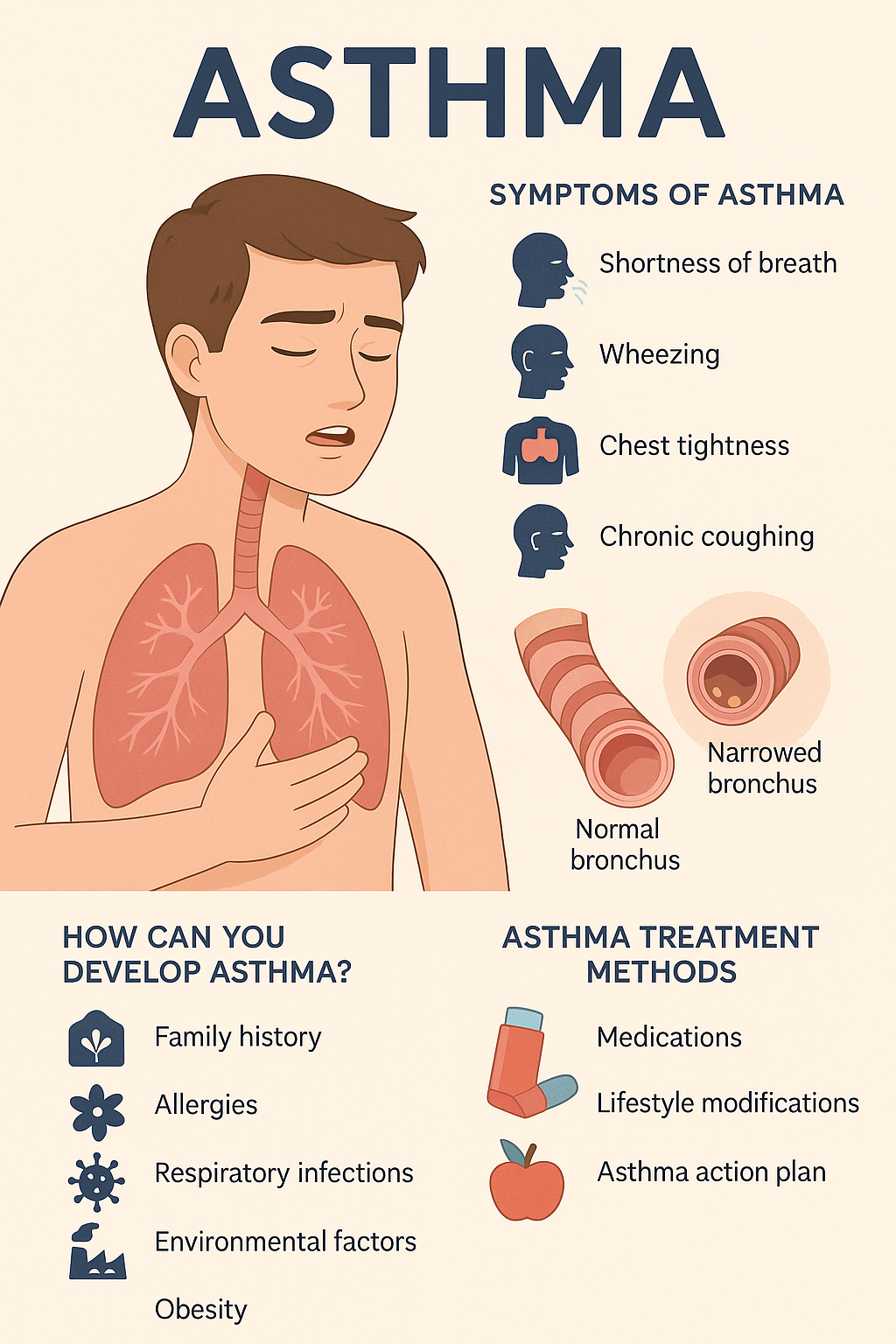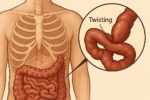A Detailed Analysis of Gingivitis
Gingivitis is a common oral health condition characterized by inflammation of the gum tissue. It is usually caused by bacterial infections and, if left untreated, can lead to more severe gum diseases and even tooth loss.

Symptoms
-Redness, swelling, and tenderness of the gums.
-Bleeding during brushing.
-Bad breath and changes in taste.
-Gum recession and loose teeth.

Causes
-Poor oral hygiene, leading to plaque buildup on teeth.
-Aggressive brushing or improper flossing techniques
-Lifestyle factors like smoking, stress, and an unhealthy diet.
Treatment Methods
-Professional Cleaning: Deep cleaning by a dentist to remove plaque and tartar buildup.
-Oral Hygiene: Regular brushing, flossing, and using mouthwash to maintain gum health.
-Advanced Treatments: Surgical intervention or antibiotics may be necessary if inflammation progresses

Prevention
-Brushing teeth at least twice a day and flossing regularly.
-Maintaining a balanced diet and avoiding smoking.
-Visiting the dentist for regular check-ups.
Gingivitis can be completely controlled with early diagnosis and treatment. However, neglecting it may result in more serious conditions like periodontitis. Prioritizing oral health is therefore crucial. 😊
A Different Perspective on Gingivitis
Gingivitis is known as the early stage of gum inflammation and usually occurs due to plaque buildup on the teeth. If left untreated, it can develop into periodontitis, a more serious gum disease.
Types of Gingivitis
-Acute Gingivitis: A sudden and often painful form, triggered by factors such as stress, smoking, and poor nutrition.
-Desquamative Gingivitis: More commonly seen in women over 30, causing painful, red, or white patches on the gums.
-Chronic Gingivitis: A long-lasting form with mild symptoms that can be managed with regular oral care.
Effects on the Body
-Impact on the Immune System: Continuous inflammation can strain the immune system, leading to issues in other areas of the body.
-Link to Heart Health: Studies suggest that gum diseases may increase the risk of heart disease.
-Connection to Diabetes: Gingivitis can affect blood sugar levels, making diabetes management more difficult.

Prevention Methods
-Regular Brushing and Flossing: Brushing at least twice a day helps prevent plaque buildup.
-Healthy Nutrition: Avoiding sugary and acidic foods supports gum health.
-Routine Dental Check-ups: Professional cleaning and early diagnosis can prevent gingivitis from progressing.









